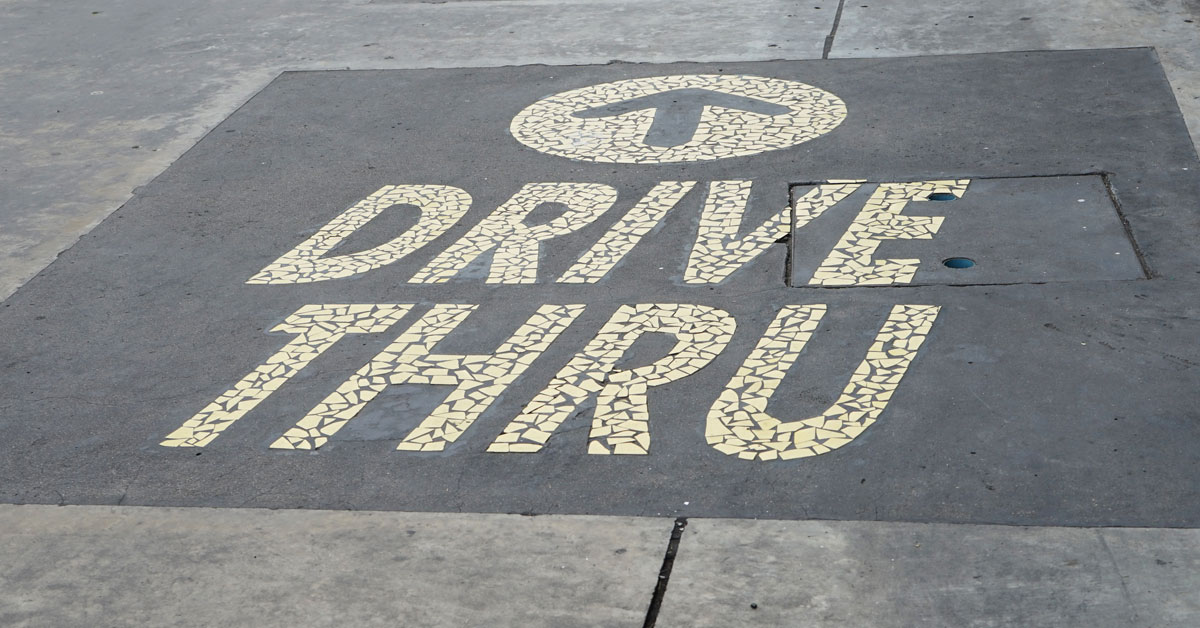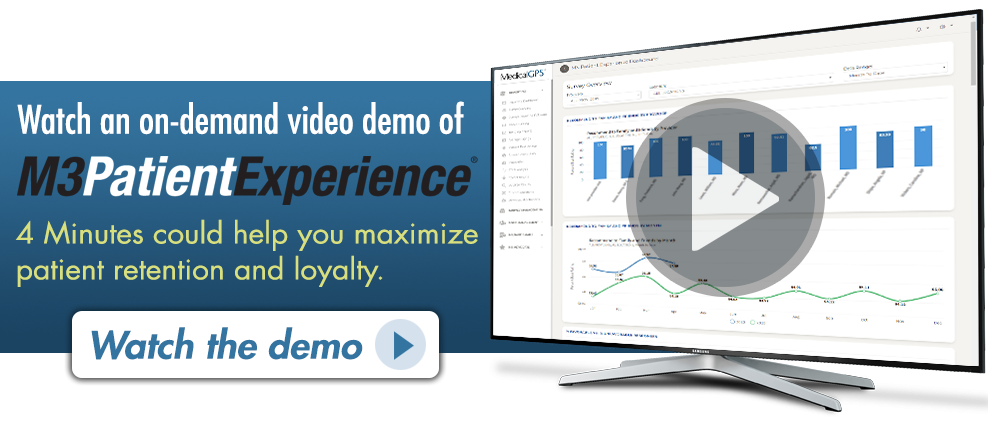 Meeting demands for convenience has become an increasing challenge for patient experience professionals. America has a love affair with convenience. Nowhere else in the world will you a find drive-thru Starbucks on every corner, next to a drive-thru pharmacy, a walk-in minute clinic, a drive-thru oil change service station, accompanied by a multitude of drive-thru fast food options. From Chick-fil-a and Whataburger to Taco Bell and Wendy’s, you literally, almost never need to get out of your car.
Meeting demands for convenience has become an increasing challenge for patient experience professionals. America has a love affair with convenience. Nowhere else in the world will you a find drive-thru Starbucks on every corner, next to a drive-thru pharmacy, a walk-in minute clinic, a drive-thru oil change service station, accompanied by a multitude of drive-thru fast food options. From Chick-fil-a and Whataburger to Taco Bell and Wendy’s, you literally, almost never need to get out of your car.
Most of our household products and food items are also purchased based on the convenience factor, for example; instant rice, frozen pizza, and microwave popcorn to dishwashers, ice makers, and microwaves. All basic staples of the average American household. Our nation has an obsession with the quick and easy, which is why giants such as Google, Amazon, and Netflix are growing at astonishing rates.
So why do US consumers crave on-demand access of goods and services? Mostly because Americans feel more rushed than ever before. In fact, nearly 46% of all US households have both parents working full-time, and according to a Gallup report US employees work on average 47 hours or almost six days per week. Therefore, it is easy to understand why convenience has taken America by storm in almost every way, healthcare included.
Families are no longer able to solely rely upon 9 to 5 healthcare solutions, especially when both parents are working full-time. In fact, patients under 40 are almost 50% less likely to have an ongoing relationship with a primary-care physician, relying mostly on urgent care clinics and other nontraditional methods of care. Additionally, 61% of patients would change providers to get an appointment faster and over half would switch to get an appointment at a more convenient location.
Clearly, it is up to healthcare organizations and medical practices to listen and embrace the needs of this growing population if they wish to continue caring for this segment and meeting patient experience demands. Now, more than ever, convenience is important to patients seeking healthcare. While convenience may not be the only determining factor when it comes to choosing a healthcare provider, it is certainly near the top of the list.


